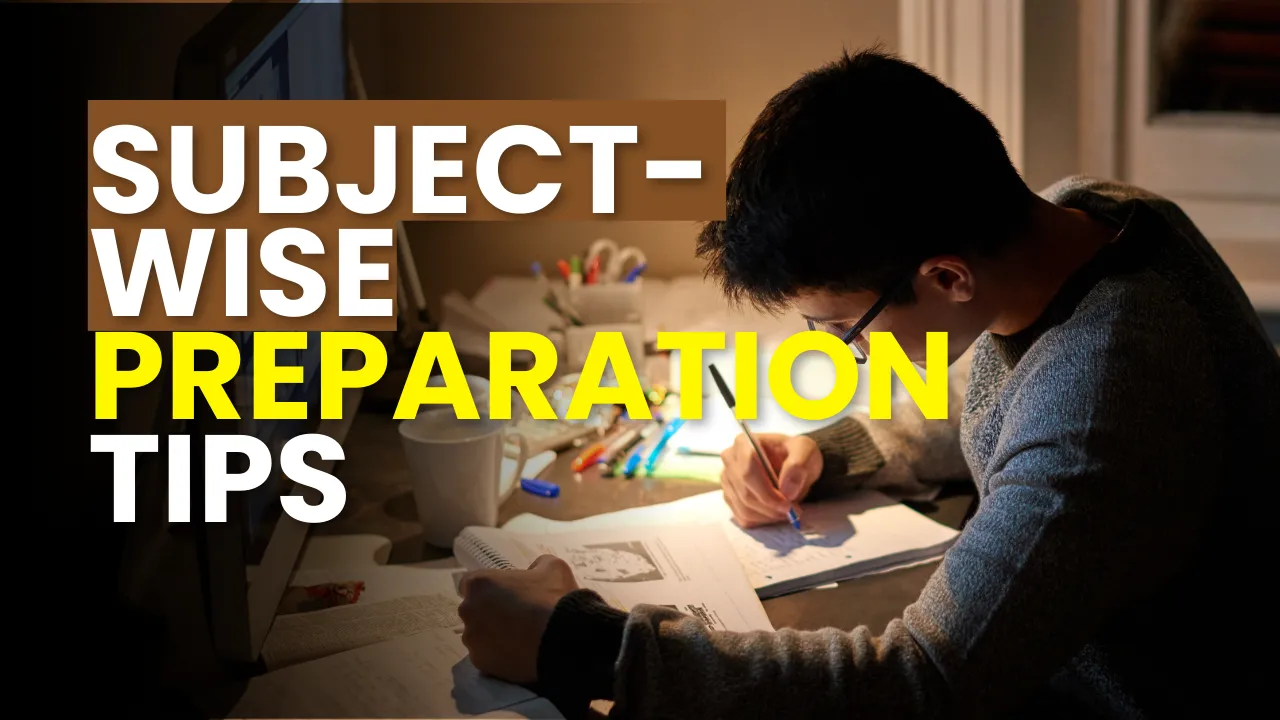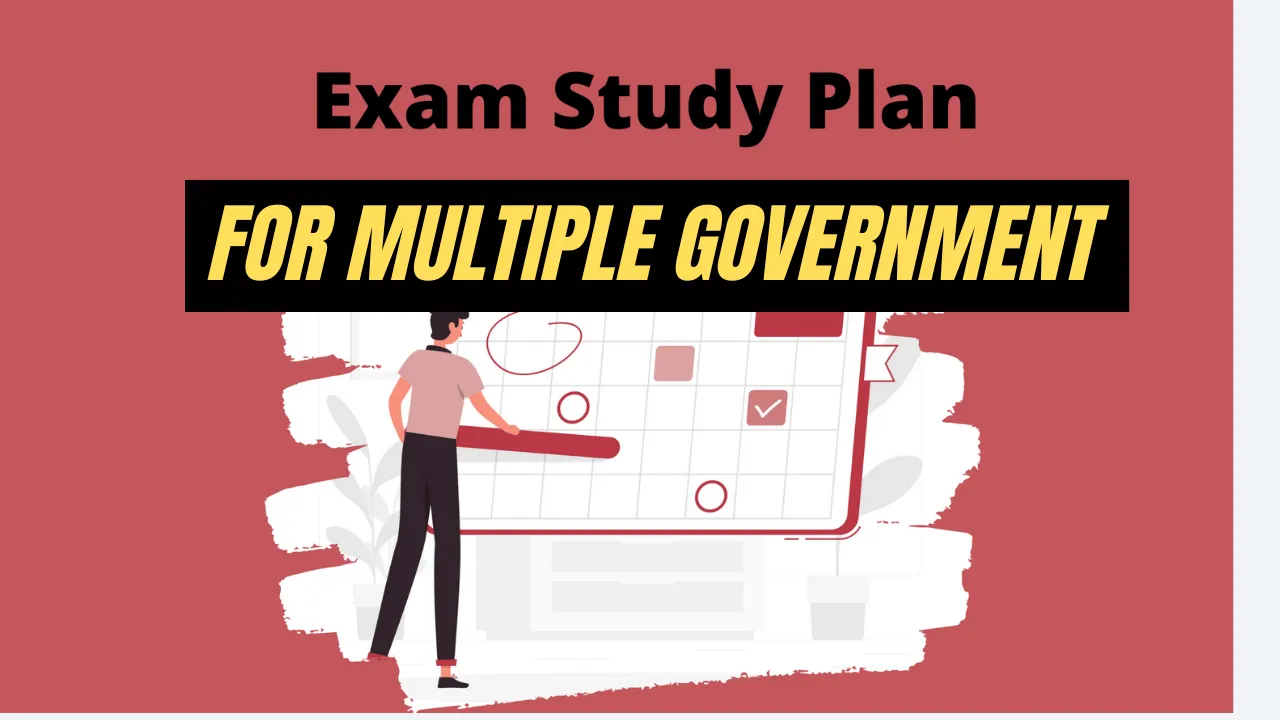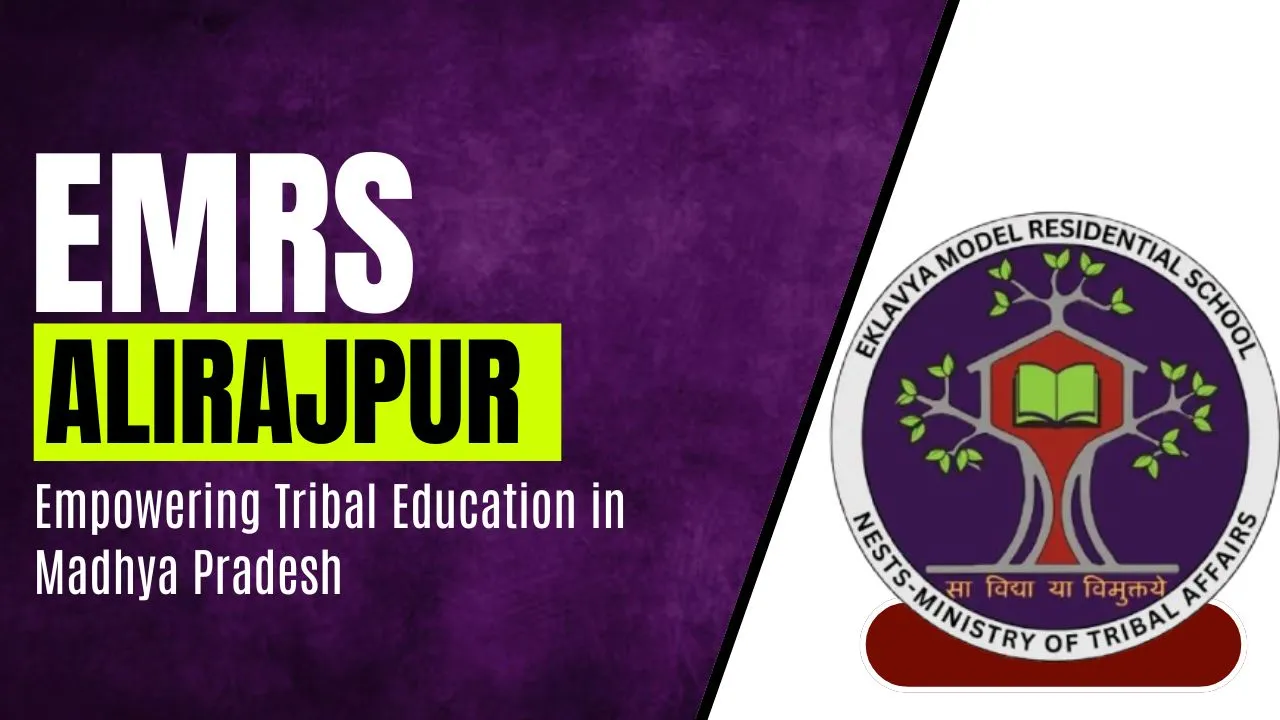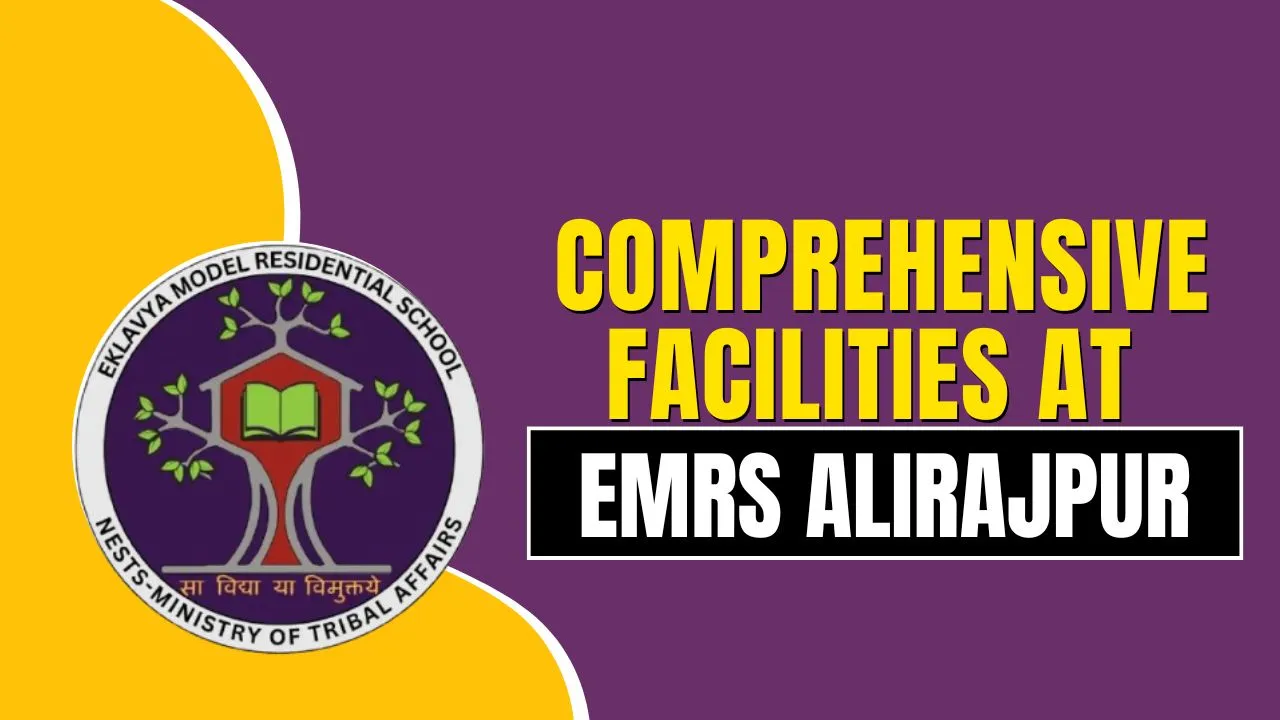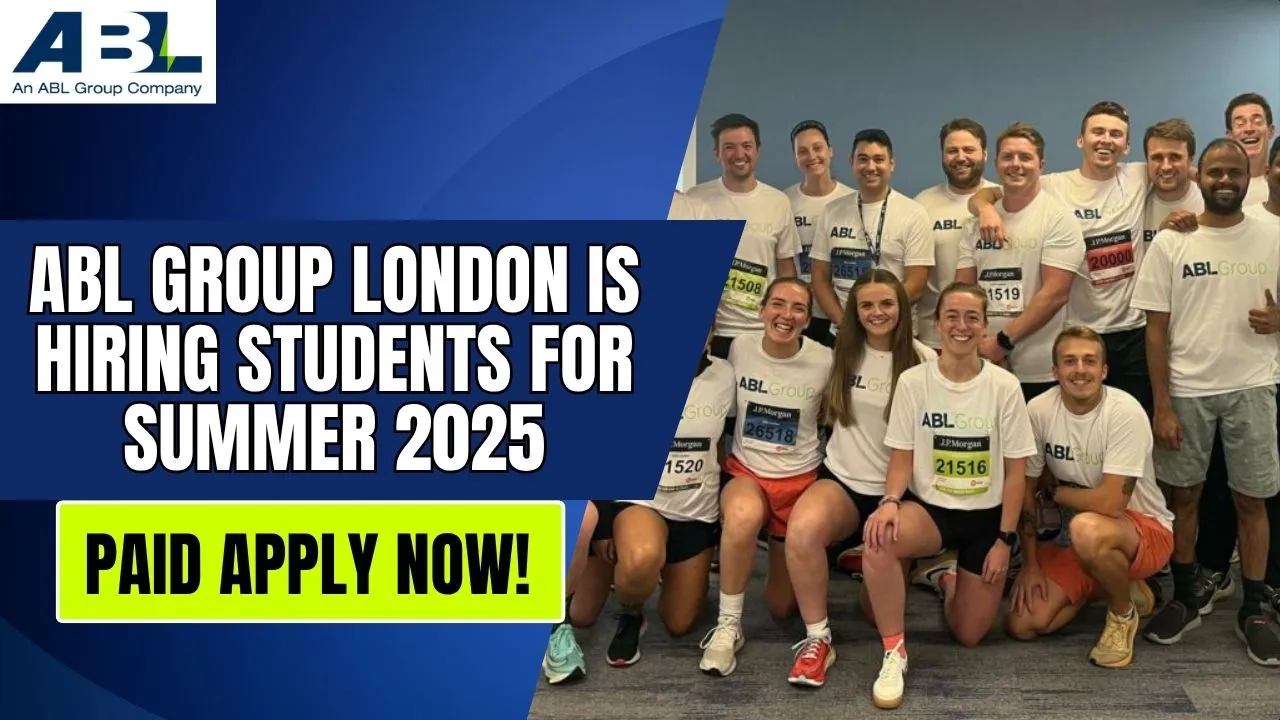Subject-Wise Preparation Tips: Preparing for government exams can feel like a huge challenge due to the variety of subjects covered. Each section—Quantitative Aptitude, Reasoning, English Language, and General Awareness—requires a distinct approach and focused effort. Without a clear strategy, candidates often struggle with time management and subject balance. The key to success lies in breaking down preparation subject-wise and building strong skills in each area gradually.
This article provides detailed subject-wise preparation tips to help aspirants tackle each section smartly. Whether you’re just beginning your journey or revising for upcoming exams, following these tips will help you strengthen your foundation and boost your confidence.
Subject-Wise Preparation Tips
Every subject in government exams serves a unique purpose and tests different skills. Hence, understanding how to prepare for each one individually is crucial. In this guide, we’ll cover effective preparation methods for Quantitative Aptitude, Reasoning, English, and General Awareness. Following these subject-wise preparation tips will ensure that no section is left unattended, giving you a balanced edge in your exam journey.
Overview Table
| Subject | Key Tips for Preparation |
| Quantitative Aptitude | Master basics, practice daily, learn shortcuts, use NCERT books, solve past papers |
| Reasoning Ability | Understand concepts, practice various types, focus on visual reasoning, manage time, analyze mistakes |
| English Language | Improve vocabulary & grammar, practice reading comprehension, focus on writing skills, solve past papers |
| General Awareness | Stay updated on current affairs, build static GK base, divide topics, use reliable resources |
Quantitative Aptitude Preparation
Quantitative Aptitude is all about numbers and problem-solving speed. Here’s how to prepare effectively:
- Build Strong Basics: Focus on key topics like arithmetic, algebra, geometry, and trigonometry. Strengthen concepts related to percentages, ratios, averages, number systems, and time-work problems. NCERT textbooks from classes 6 to 10 are perfect for mastering fundamentals.
- Topic-Wise Division: Divide the syllabus into manageable topics. Spend more time on areas where you struggle, and revise frequently asked topics like percentages, simple interest, and profit-loss.
- Daily Practice for Speed & Accuracy: Regular practice is essential. Solve a wide range of problems daily and track your progress. Over time, this improves both speed and accuracy.
- Learn Shortcuts and Mental Calculations: Quick calculations and shortcut techniques are crucial for competitive exams. Familiarize yourself with basic tricks to save time.
- Use Standard Resources: Along with textbooks, explore mobile apps, online quizzes, and previous years’ question papers to understand exam patterns and difficulty levels.
Reasoning Ability Preparation
Reasoning tests your logical thinking and problem-solving skills. Here’s how to approach it:
- Understand Various Types of Reasoning: Get comfortable with analytical, logical, and verbal reasoning. Practice questions related to syllogisms, coding-decoding, puzzles, series, and direction sense regularly.
- Visual Reasoning Focus: Pay attention to figure-based reasoning like pattern recognition and figure matching. Visual reasoning sharpens your ability to process information quickly.
- Practice Broadly: Practice a wide variety of questions from different topics to ensure you can handle any question format confidently.
- Time Management: Reasoning questions can consume time if not approached systematically. Solve questions under timed conditions to develop better time management skills.
- Analyze Mistakes: After each session, review your answers. Understand why certain mistakes happened and adjust your strategy accordingly.
English Language Preparation
English is often a deciding factor in government exams. Here’s how to prepare:
- Vocabulary Building: Improve your vocabulary by reading newspapers, magazines, and quality books regularly. Keep a notebook to jot down new words and revise them frequently.
- Grammar Mastery: Strengthen your grammar skills by practicing key topics like tenses, sentence structure, subject-verb agreement, and common grammatical errors. Online grammar exercises can help.
- Reading Comprehension Practice: Regularly practice comprehension passages. Focus on understanding the main idea, supporting details, and the ability to infer conclusions from the text.
- Writing Skills Improvement: Work on essay writing, letter writing, and summarization. Pay attention to clarity, coherence, and brevity while writing.
- Previous Year Papers: Solve past question papers to understand the pattern and frequently asked question types.
General Awareness Preparation
General Awareness often proves to be a game-changer:
- Stay Updated on Current Affairs: Make reading newspapers and online news portals a daily habit. Focus on events related to politics, economics, science, and technology, both national and international.
- Build Static GK Knowledge: Strengthen your base in history, geography, polity, and economics. NCERT books offer simple explanations and are great for building a strong base.
- Topic-Wise Division: Break down the syllabus into smaller areas like important dates, famous personalities, awards, and events. Use flashcards and mind maps to memorize.
- Use Reliable Resources: Rely on trusted current affairs magazines, mobile apps, and government websites to stay informed.
- Solve Previous Year Papers: Past question papers give a clear picture of the types of questions asked in the exam.
General Tips for All Subjects
Apart from subject-specific strategies, here are some universal tips:
- Create a Study Schedule: Allocate fixed time slots for each subject and stick to the plan.
- Take Regular Breaks: Don’t exhaust yourself. Short breaks improve focus and prevent burnout.
- Attempt Mock Tests: Regularly attempt mock exams to evaluate progress and improve time management.
- Stay Positive and Motivated: Keep a positive outlook throughout your preparation journey.
- Focus on Weak Areas: Regularly analyze your performance and give extra attention to weaker sections.
FAQs
1. Which subject should I start with in government exam preparation?
Start with the subject you feel least confident about, but maintain a balance by dedicating time to all sections.
2. How can I improve my Quantitative Aptitude speed?
Regular practice, learning shortcuts, and taking timed mock tests will significantly improve your speed and accuracy.
3. What are good sources for General Awareness preparation?
Reliable newspapers, current affairs magazines, trusted mobile apps, and NCERT books are excellent resources.
4. How do I build vocabulary for the English section?
Read newspapers daily, note down new words, and revise them regularly. Practice with vocabulary apps and quizzes.
5. How important are previous year question papers?
They are extremely useful to understand the exam pattern, frequently asked questions, and difficulty level.
Final Thought
Cracking government exams requires smart and focused preparation. Following these subject-wise preparation tips will help you build a strong foundation in all key sections—Quantitative Aptitude, Reasoning, English Language, and General Awareness. Stay consistent, practice regularly, and refine your approach based on your performance. Feel free to share your preparation strategies in the comments and explore more resources to support your exam journey!
